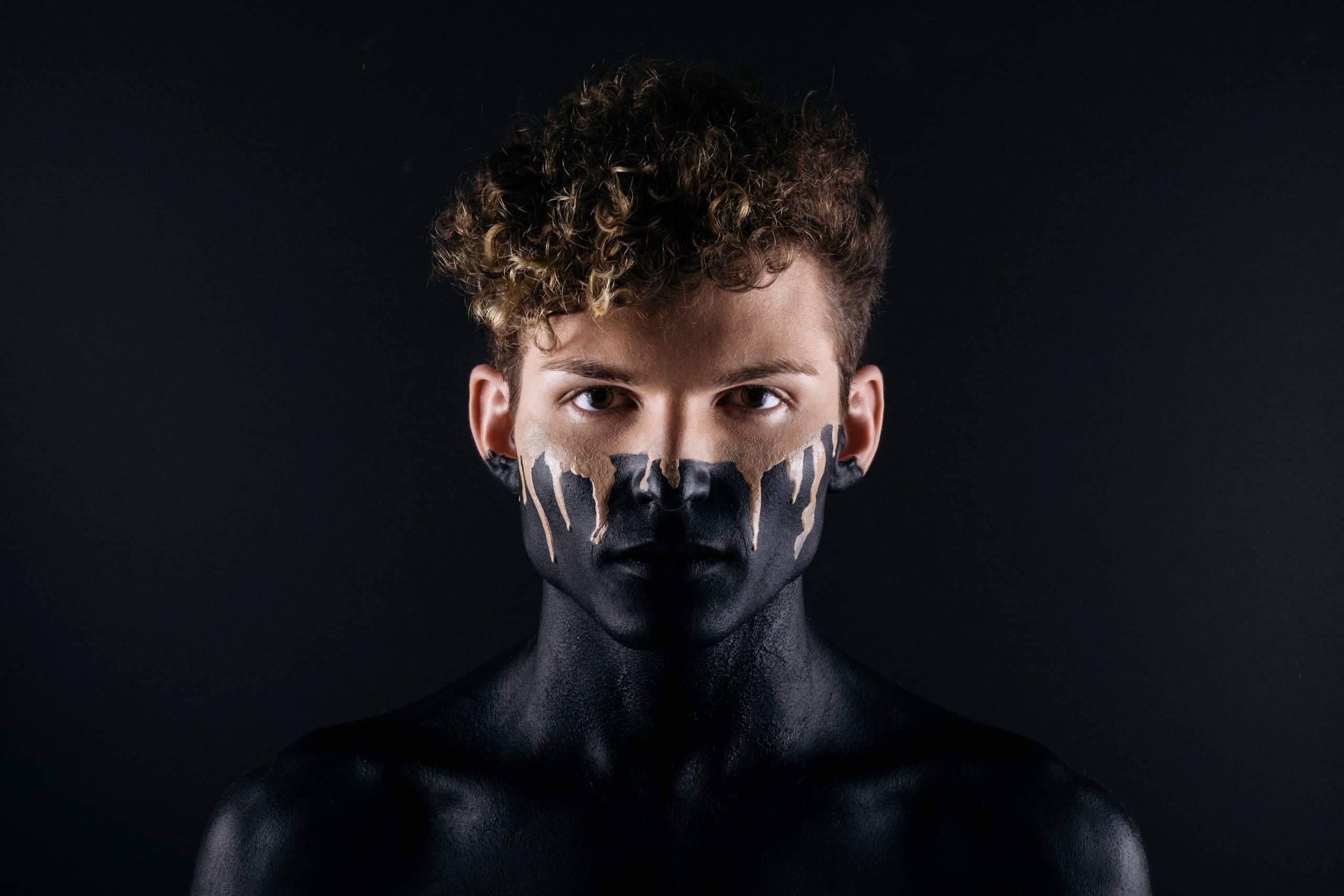In order to curb the transmission of Covid-19 infections, the world has seen a change in attitudes towards wearing masks. Although initially met with resistance from renown organizations, the WHO and politicians including Trump have changed their tune over the past few months. Singapore which used to discourage citizens from wearing masks now make it compulsory to wear one outside or risk a fine of S $300 while one can be arrested or punished for not wearing a mask in China.
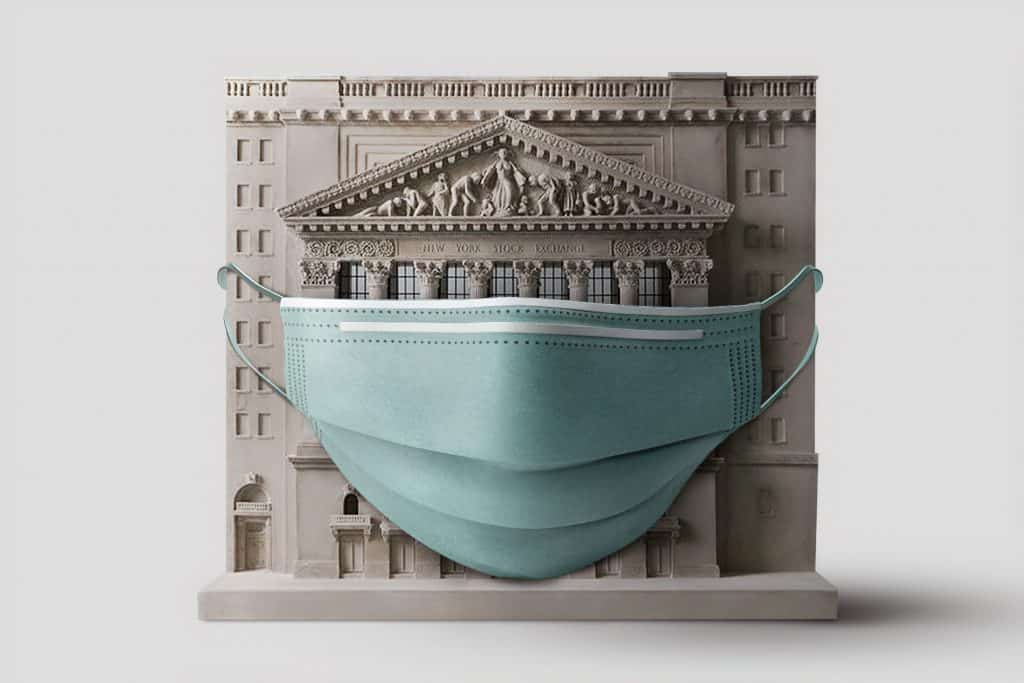
It is imperative to wear masks to protect ourselves and others as a published study of cases found that those with asymptomatic symptoms could have been responsible for nearly 80% of positive virus cases. As countries battle against the second waves and reinfections, it looks like we have to accept wearing masks as the new normal.

The little amount of time we spend wearing a mask while making trips to the grocery store or walking our pets can result in acne, rashes and blackheads according to the American Academy of Dermatology. A study in China showed that frontline healthcare workers were especially susceptible to skin issues related due to wearing masks for a long period of time. Although this is unsightly and annoying, we shouldn’t let bad skin prevent us from wearing masks. In this article, we compiled a series of tips and tricks to remedy and prevent the formation of Maskne.

What is Maskne?
Maskne, a clever combination of “mask” and “acne” refer to breakouts caused by sweat, oil and bacteria that interact and irritate the skin under the mask. This type of breakout is specifically caused by masks where else other breakouts are caused by other factors such as hereditary issues or hormones.

How to treat maskne?
No matter how well we try to take care of our skin, we still risk breaking out. We compiled a list of tips and tricks from the American Academy of Dermatology Association on how to treat maskne.
Different symptoms require different methods of treatment. It is always suggested to consult your dermatologist before trying out any treatments.
- Acne: It is advised to wash your face no more than twice a day to prevent skin from being inflamed due to too much washing. Use non-comedogenic moisturizer after washing. Monitor how your skin reacts to face masks. If a new brand of face masks causes or worsens your acne, consult a board-certified dermatologist for the best way to treat your skin.
- Raw, irritated skin: Use spot treatment and apply petroleum jelly to inflamed parts of your face before bed. Petroleum jelly acts as an emollient that softens and soothes the skin.
Skip the makeup when wearing a mask: Makeup may collect dirt and bacteria that clogs pores and lead to breakouts. If make up is necessary, select mineral based cosmetic products which are “non-comedogenic” ( does not clog the pores).

Wash your cloth face masks: This may sound like the obvious thing to do but it is crucial to wash your mask properly to remove germs and oil from irritating your skin and prevent bacteria from breeding. Masks is advised to be washed by hand or washing machine after each use according to the Centers for Disease Control and Prevention (CDC). It is advised to strictly follow washing instructions and to use a fragrance-free, hypoallergenic laundry detergent to prevent skin irritation.
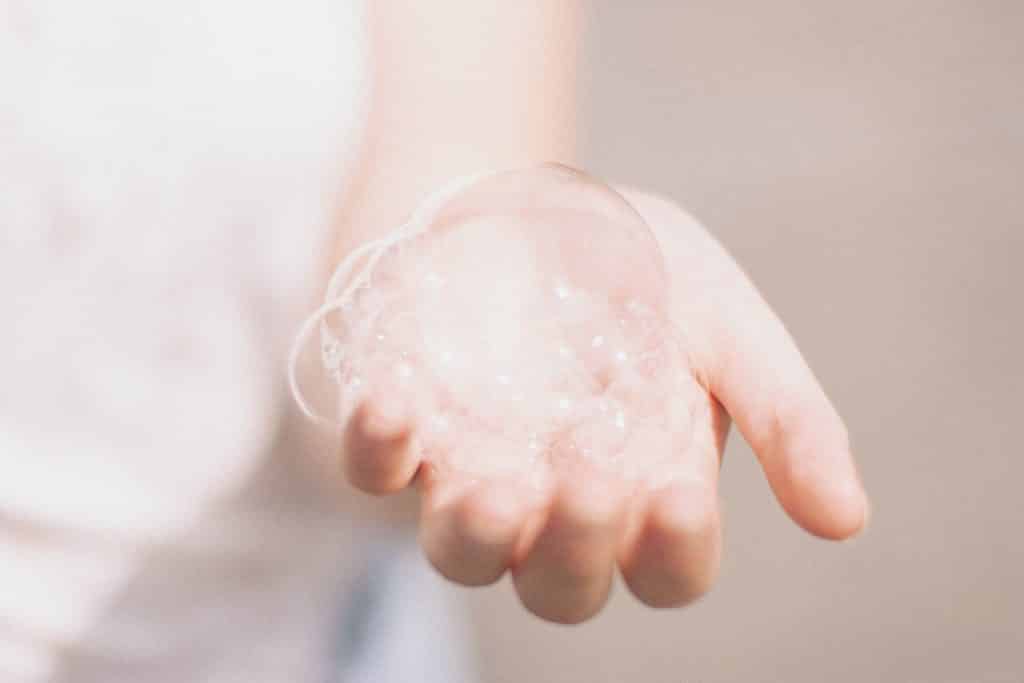
How to Avoid Maskne?
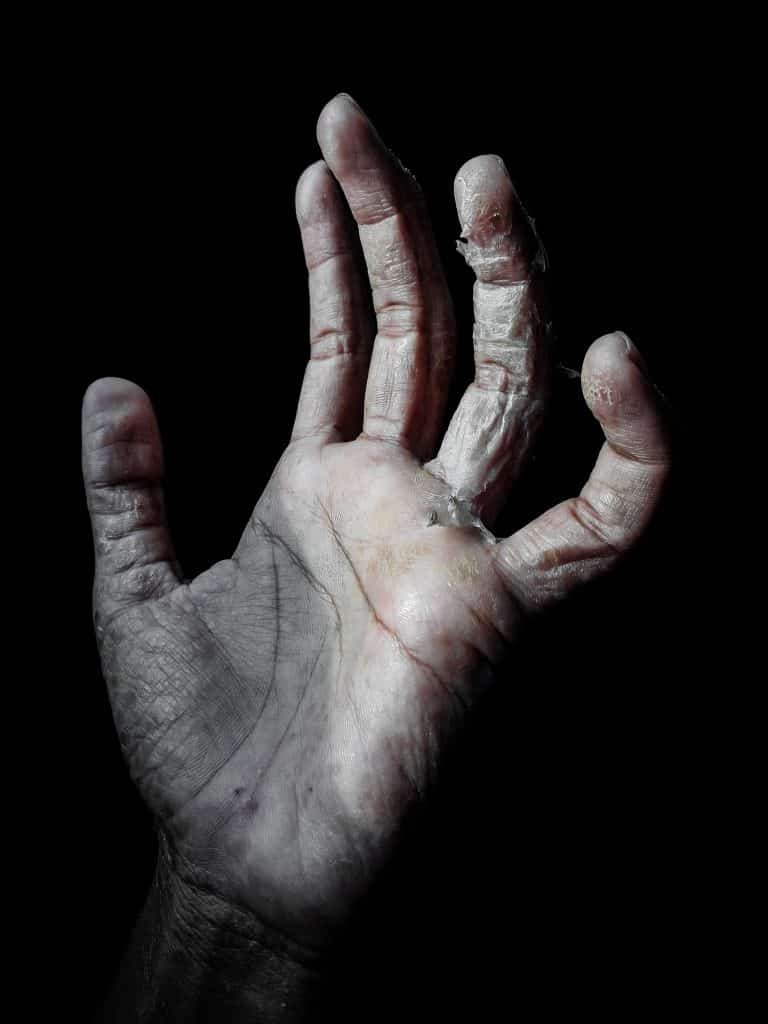
Cleanse and moisturize daily: Dry skin can result from long periods of using face masks. Apply moisturizer immediately after washing your face to reduce dryness. Bear in mind to choose a mild, fragrance-free cleanser to prevent further skin irritation. Board-certified dermatologist Carrie L. Kovarik, MD, FAAD, recommends using a moisturizer with one of the following ingredients:
- Ceramides
- Hyaluronic acid
- Dimethicone (which can also create a barrier that helps reduce irritated skin)
When selecting a moisturizer which is the best fit for your skin type, here is a reference compiled by the American Academy of Dermatology Association.
- Oily skin (or when weather is hot, humid): Gel moisturizer
- Normal or combination skin: Lotion
- Dry to very dry skin: Cream
Skip the makeup when wearing a mask: Makeup may collect dirt and bacteria that clogs pores and lead to breakouts. If make up is necessary, select mineral based cosmetic products which are “non-comedogenic” ( does not clog the pores).
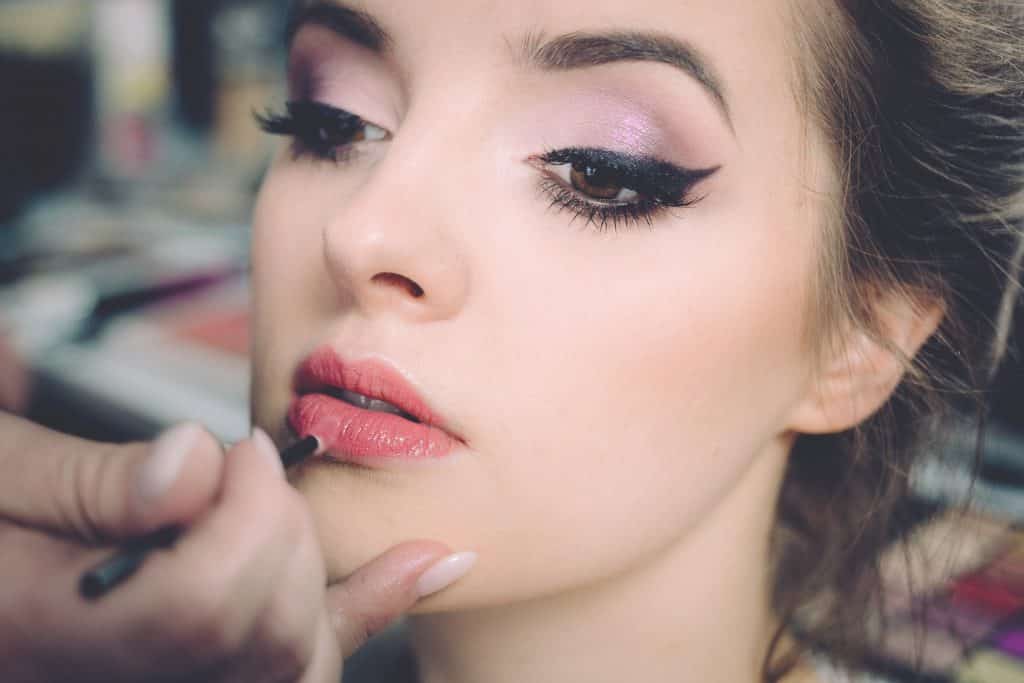
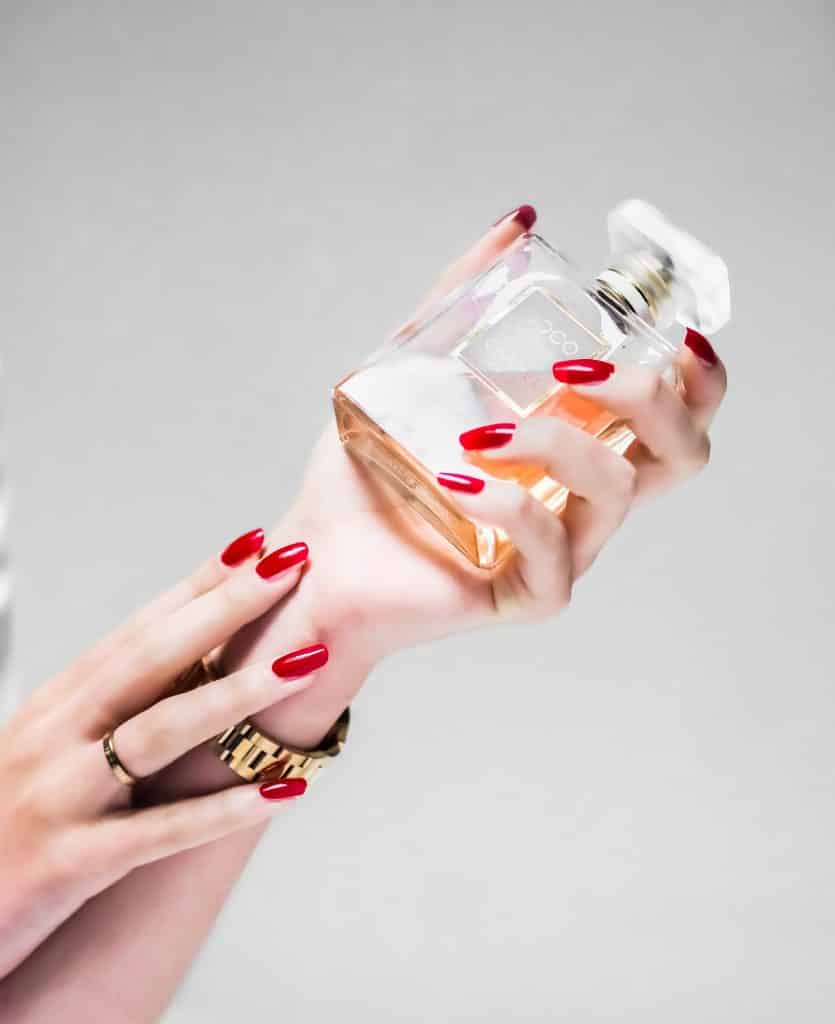
Wash your cloth face masks: This may sound like the obvious thing to do but it is crucial to wash your mask properly to remove germs and oil from irritating your skin and prevent bacteria from breeding. Masks is advised to be washed by hand or washing machine after each use according to the Centers for Disease Control and Prevention (CDC). It is advised to strictly follow washing instructions and to use a fragrance-free, hypoallergenic laundry detergent to prevent skin irritation.
Avoid trying new skin care products: Wearing a mask can make skin more sensitive than normal. Hence, resist the urge to try harsh products during this time to avoid skin problems. Daniela Kroshinsky, MD, MPH, FAAD advises us to avoid chemical peels, exfoliants or retinoids, and instead stick to the cosmetic products that we are familiar with.

Wear the right mask: Here is a description of what makes a good mask, according to The American Academy of Dermatology Association .
- A snug, but comfortable fit
- Soft, natural, and breathable fabric, such as cotton
- Fabric on the inside that feels soft if you have sensitive skin
- Cotton material inside if you have acne or oily skin
Synthetic fabrics such as nylon, polyester and rayon are advised to be avoided as they have a higher probability of instigating breakouts. A snug, comfortable fit is important as we are more likely to adjust a mask that doesn’t fit well and introduce germs to our faces. Furthermore, the poor fitting may end up irritating skin and causing acne.

